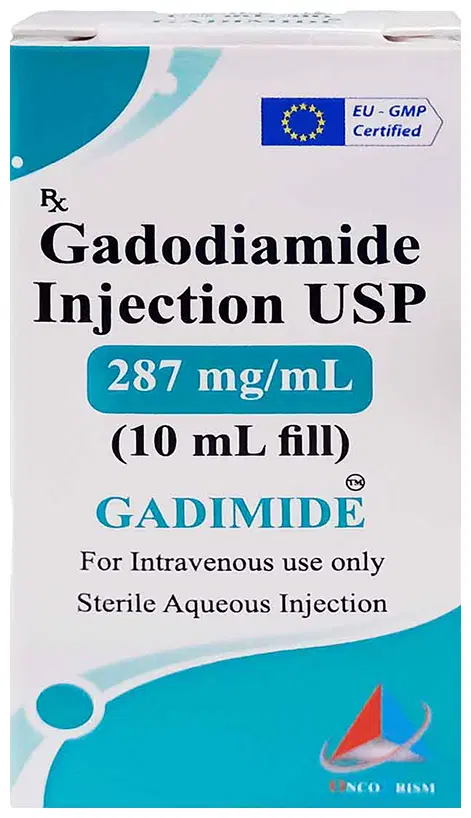Diagnostic agent
Diagnostic agents are substances or tools used by healthcare professionals to identify, monitor, or assess various medical conditions in patients. These agents play a crucial role in the diagnostic process, enabling accurate and timely detection of diseases or disorders. The category includes a wide range of diagnostic agents, such as imaging agents, laboratory tests, and screening tools, each designed for specific medical conditions or purposes.
Imaging agents, such as radiocontrast media and MRI contrast agents, are used to enhance the visibility of internal structures and organs during diagnostic imaging procedures like X-rays, CT scans, and MRI scans. These agents help healthcare professionals visualize and assess the anatomy and function of the body’s organs and tissues more accurately.
Laboratory tests, including blood tests, urine tests, and tissue samples, are diagnostic agents used to analyze and detect the presence of specific substances, cells, or biomarkers in the body. These tests provide valuable information about the patient’s overall health, the presence of infections, or the effectiveness of treatment.
Screening tools, such as mammography, colonoscopy, and Pap smears, are diagnostic agents used to detect early signs of diseases like breast cancer, colorectal cancer, and cervical cancer. These non-invasive procedures help healthcare professionals identify potential health issues at an early stage, allowing for timely intervention and treatment.
Diagnostic agents are essential in the healthcare industry, as they enable healthcare professionals to make informed decisions about patient care. These agents are designed to be safe and effective, undergoing rigorous testing and approval processes before being made available for clinical use.

Showing 1–12 of 17 results












